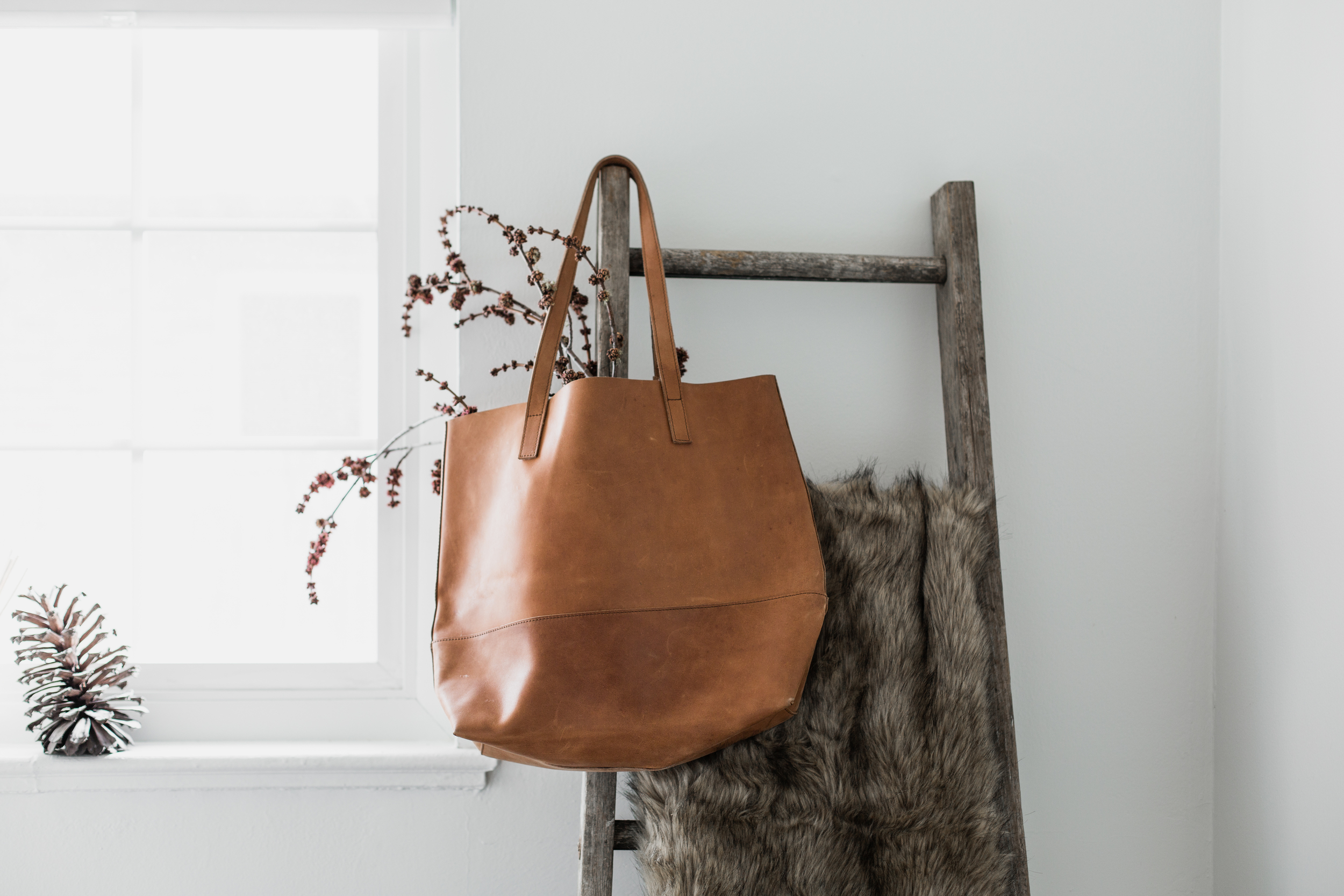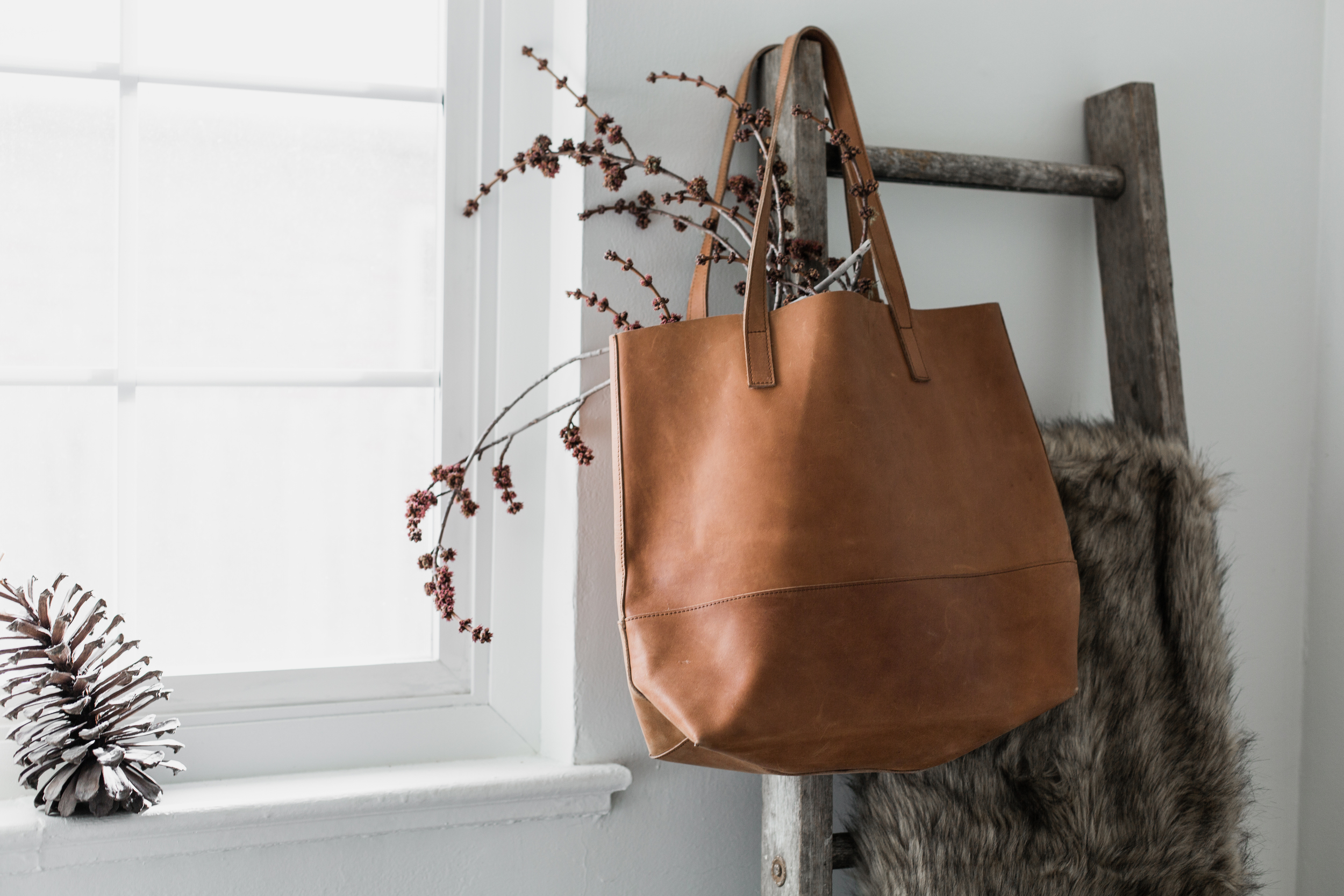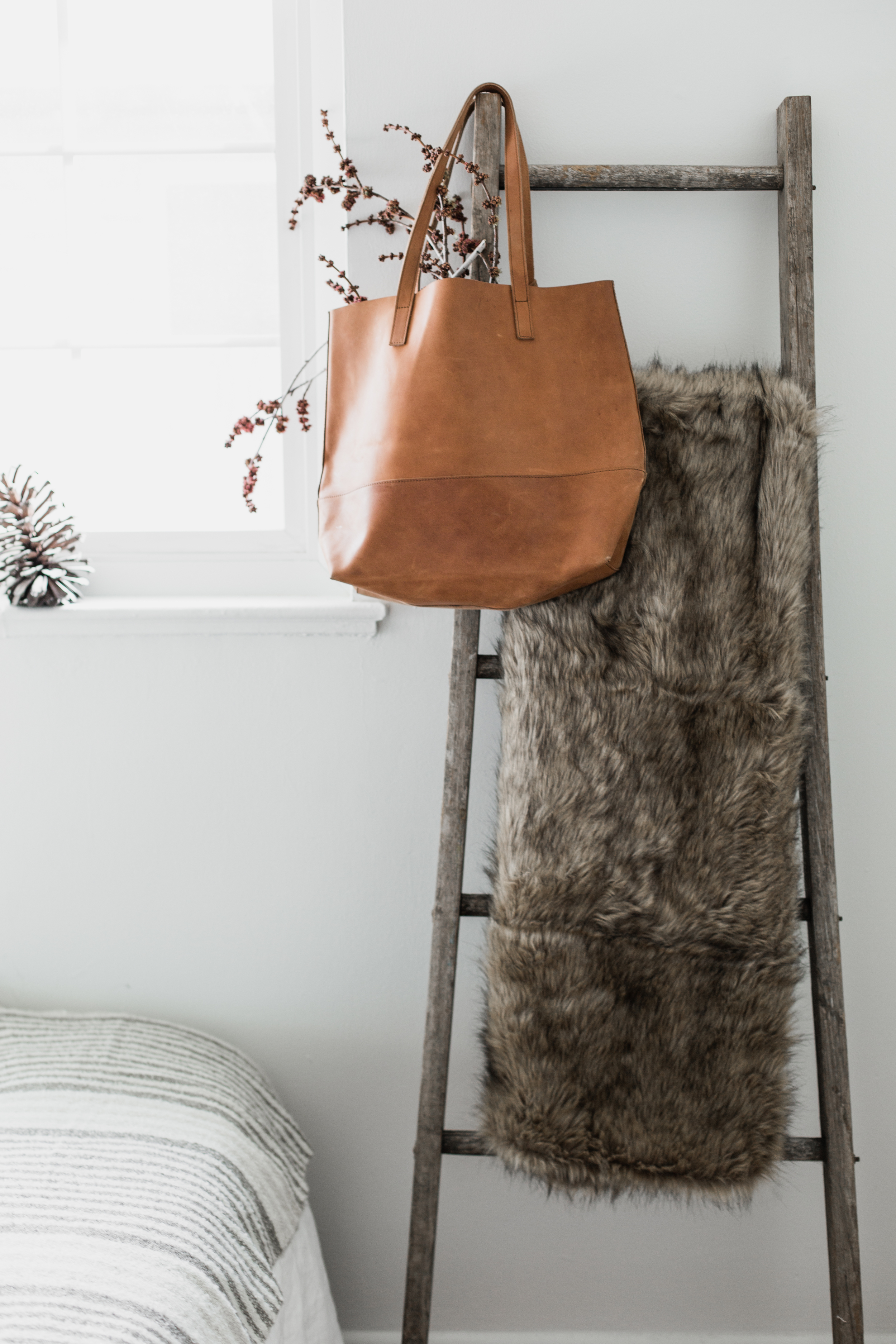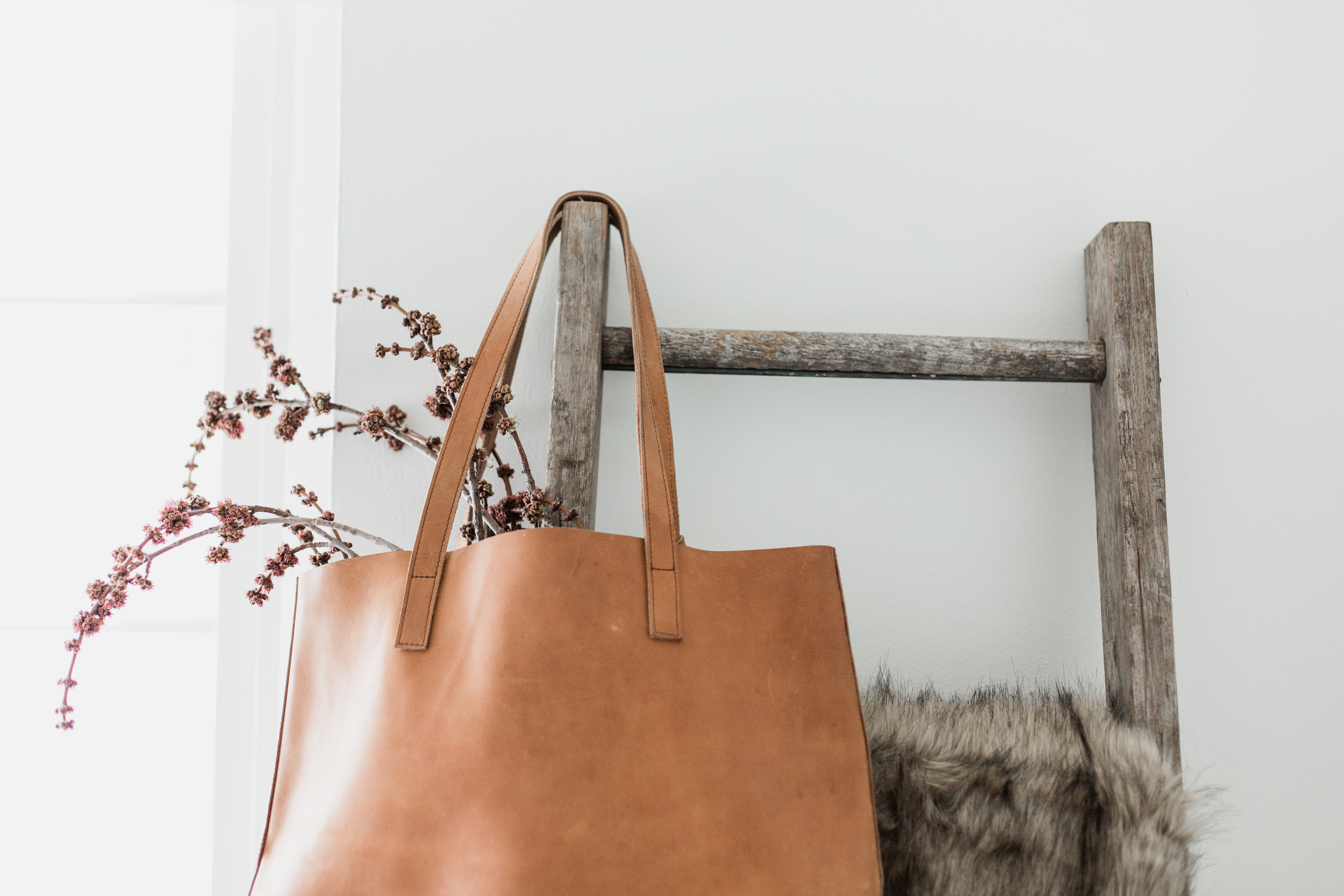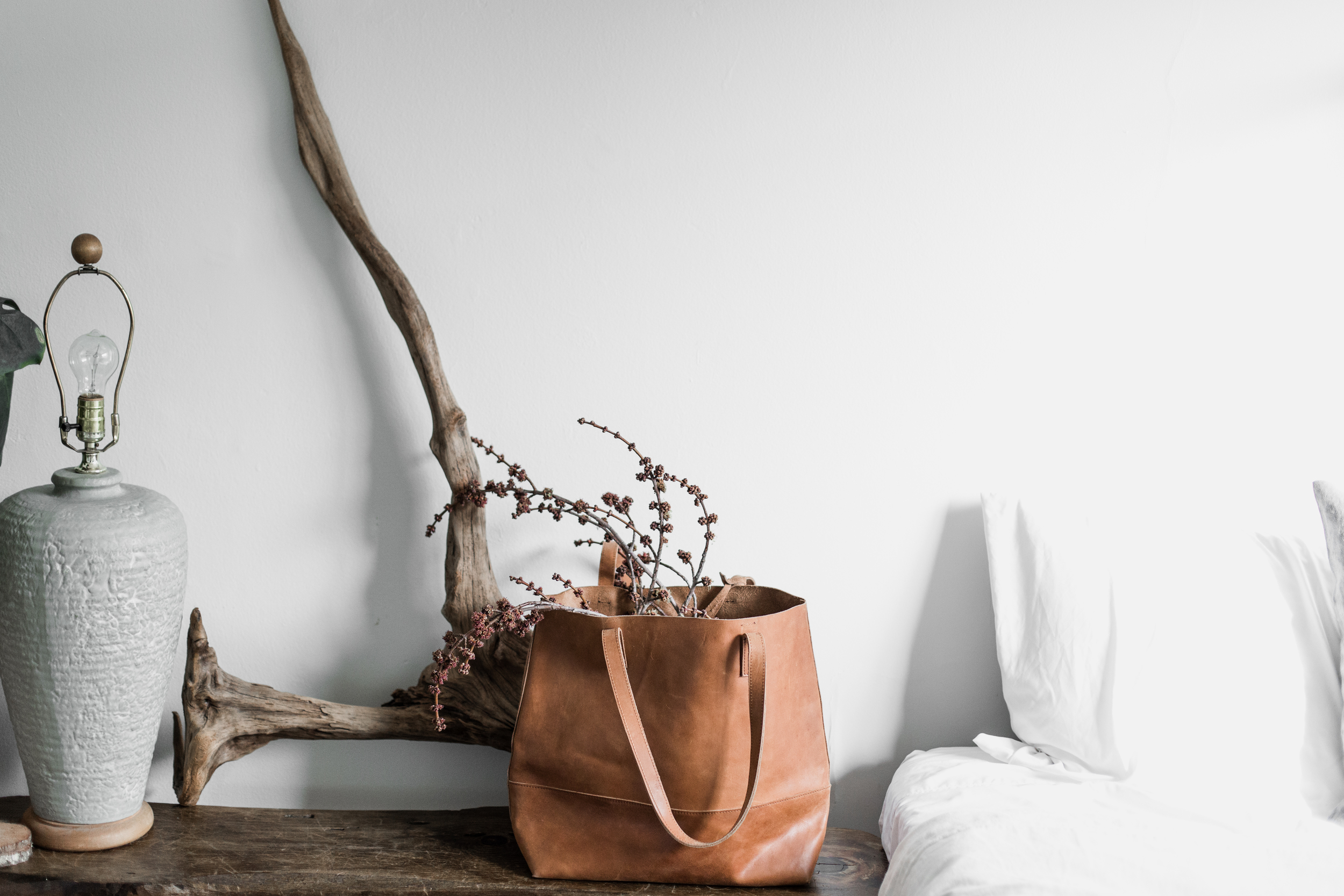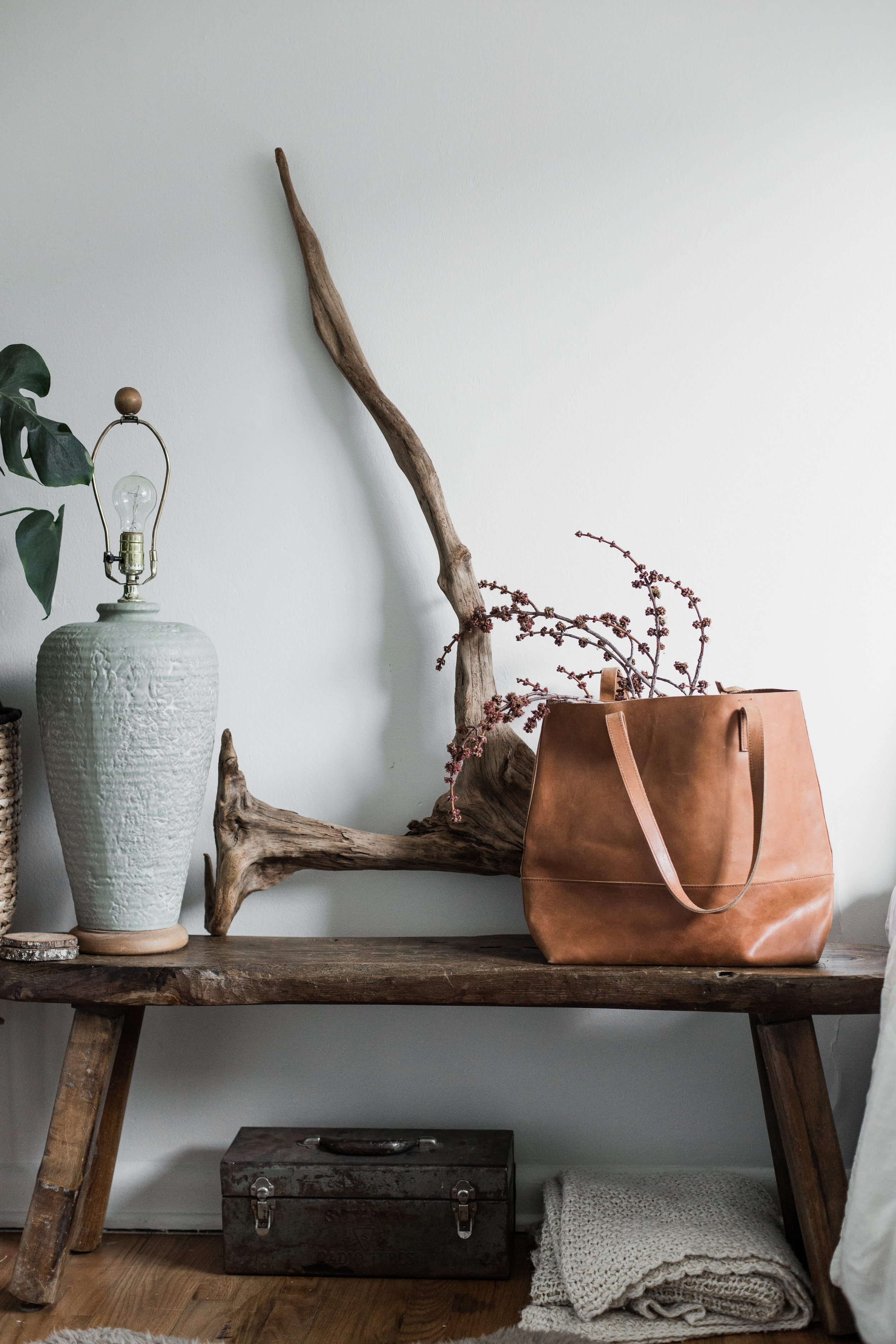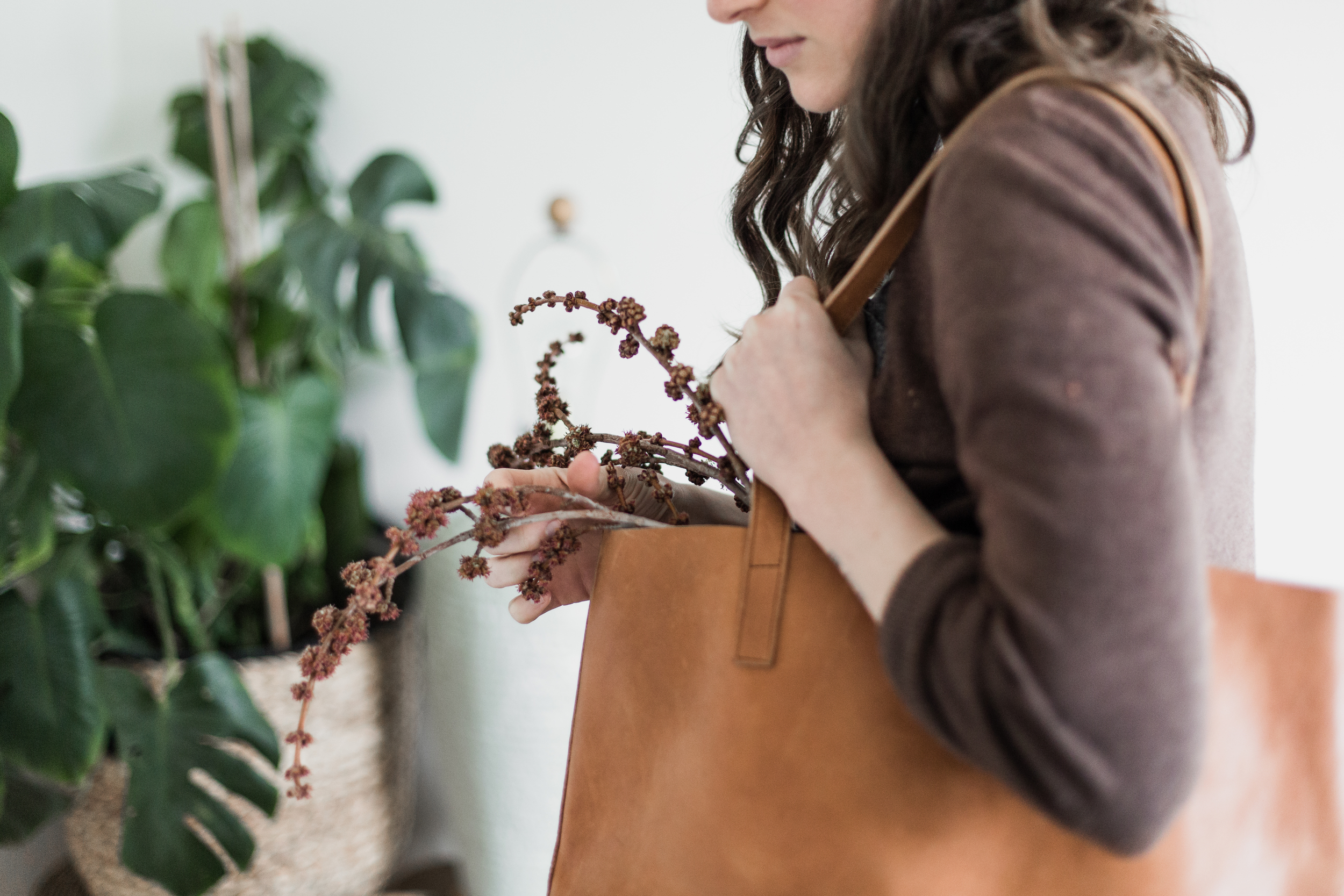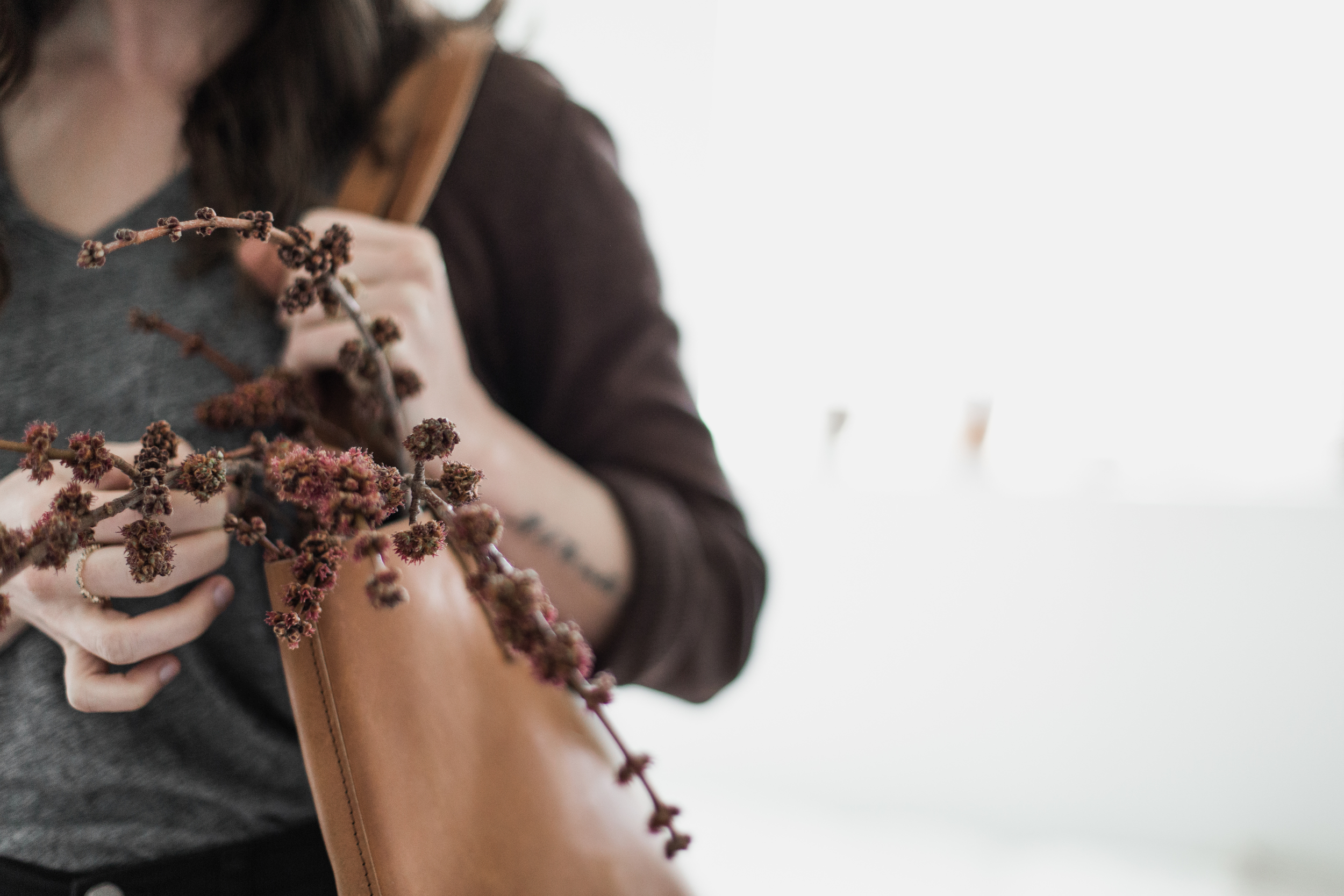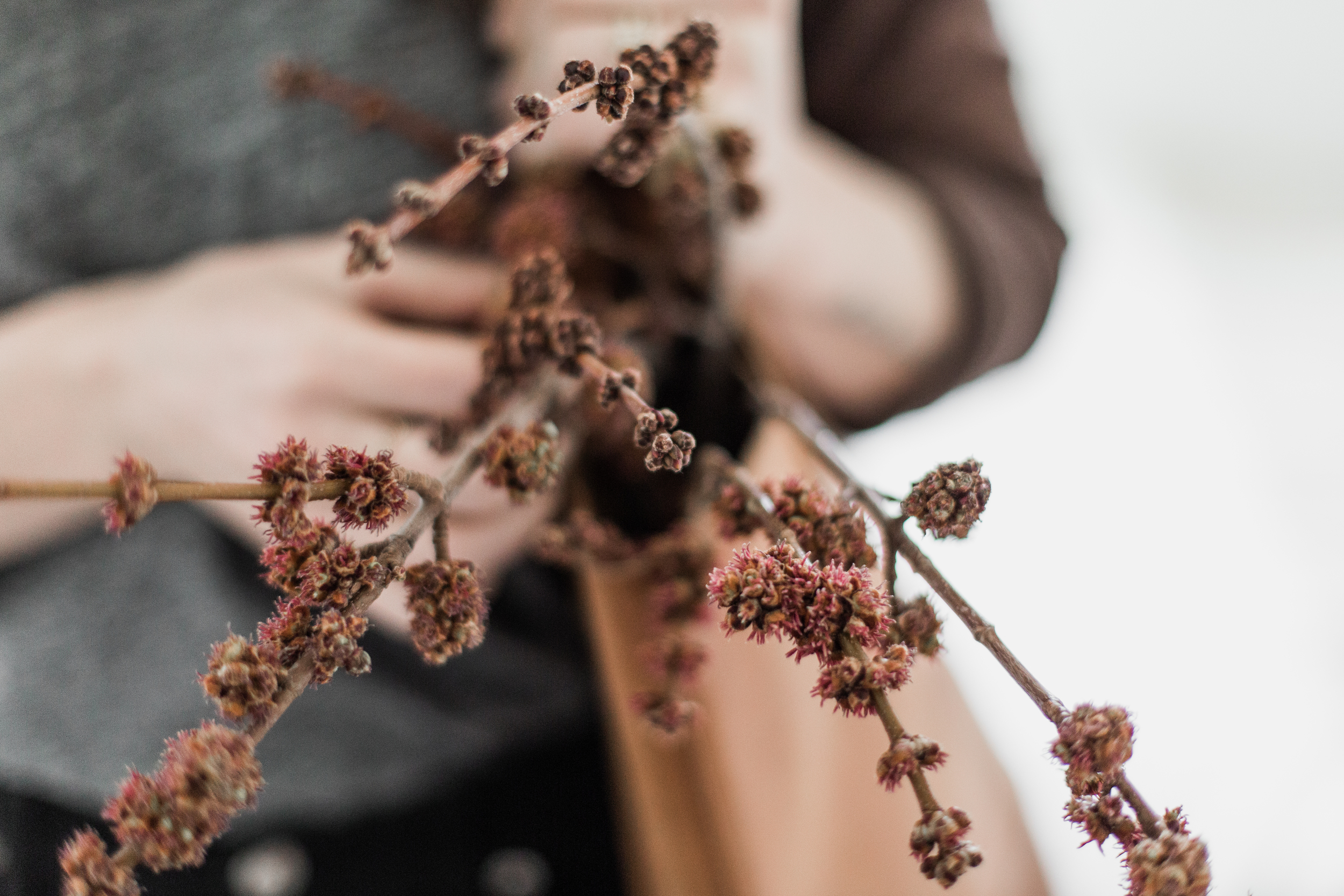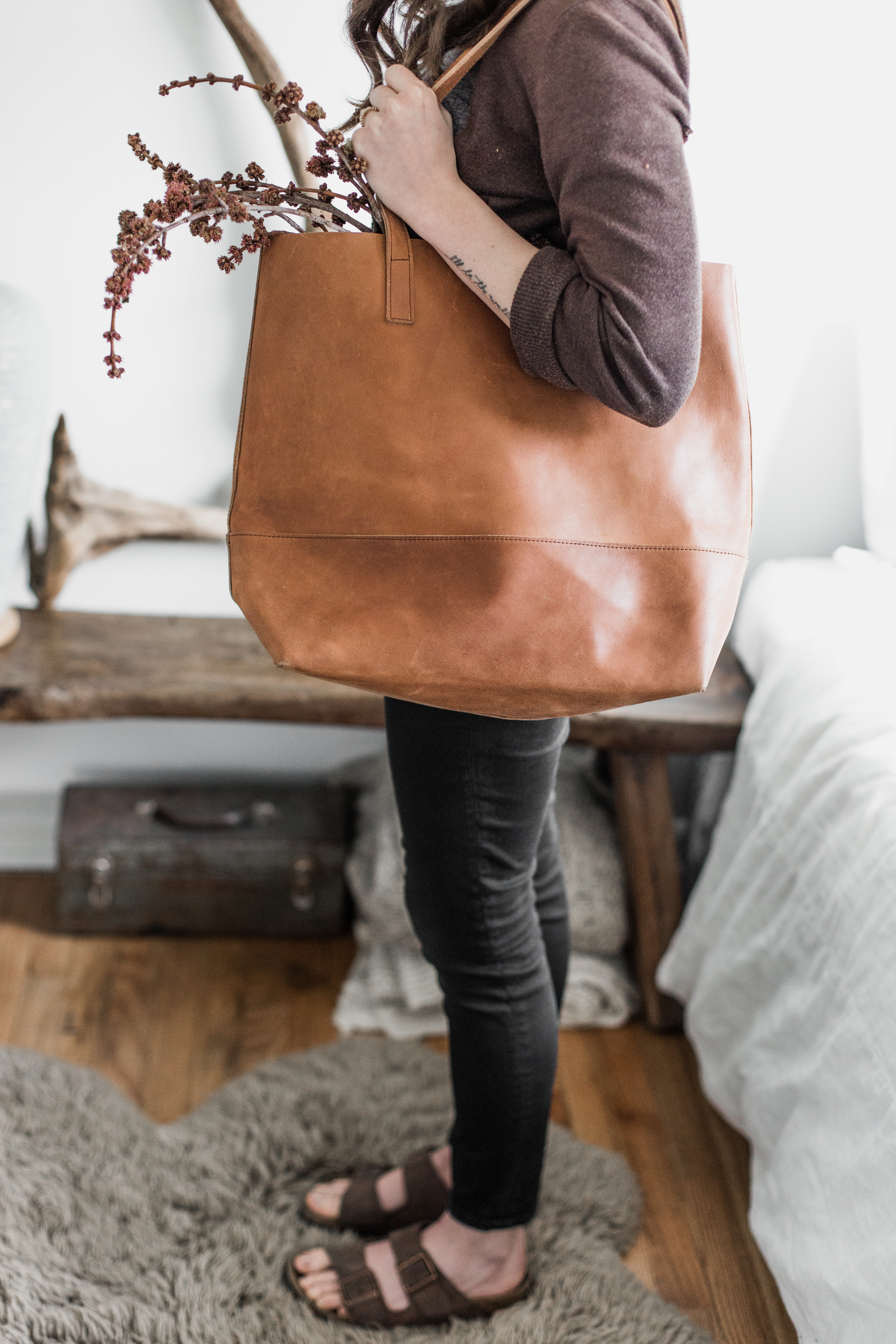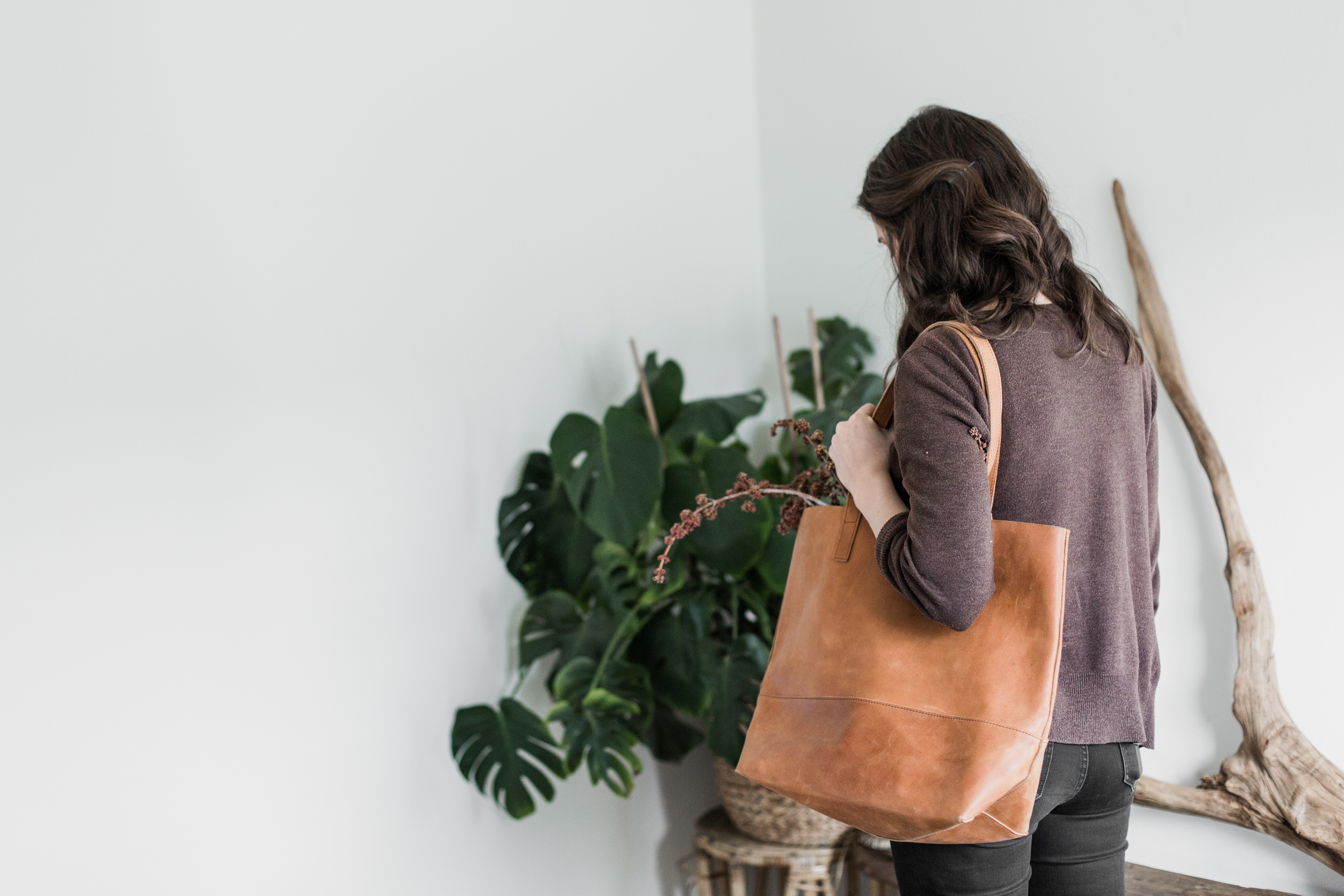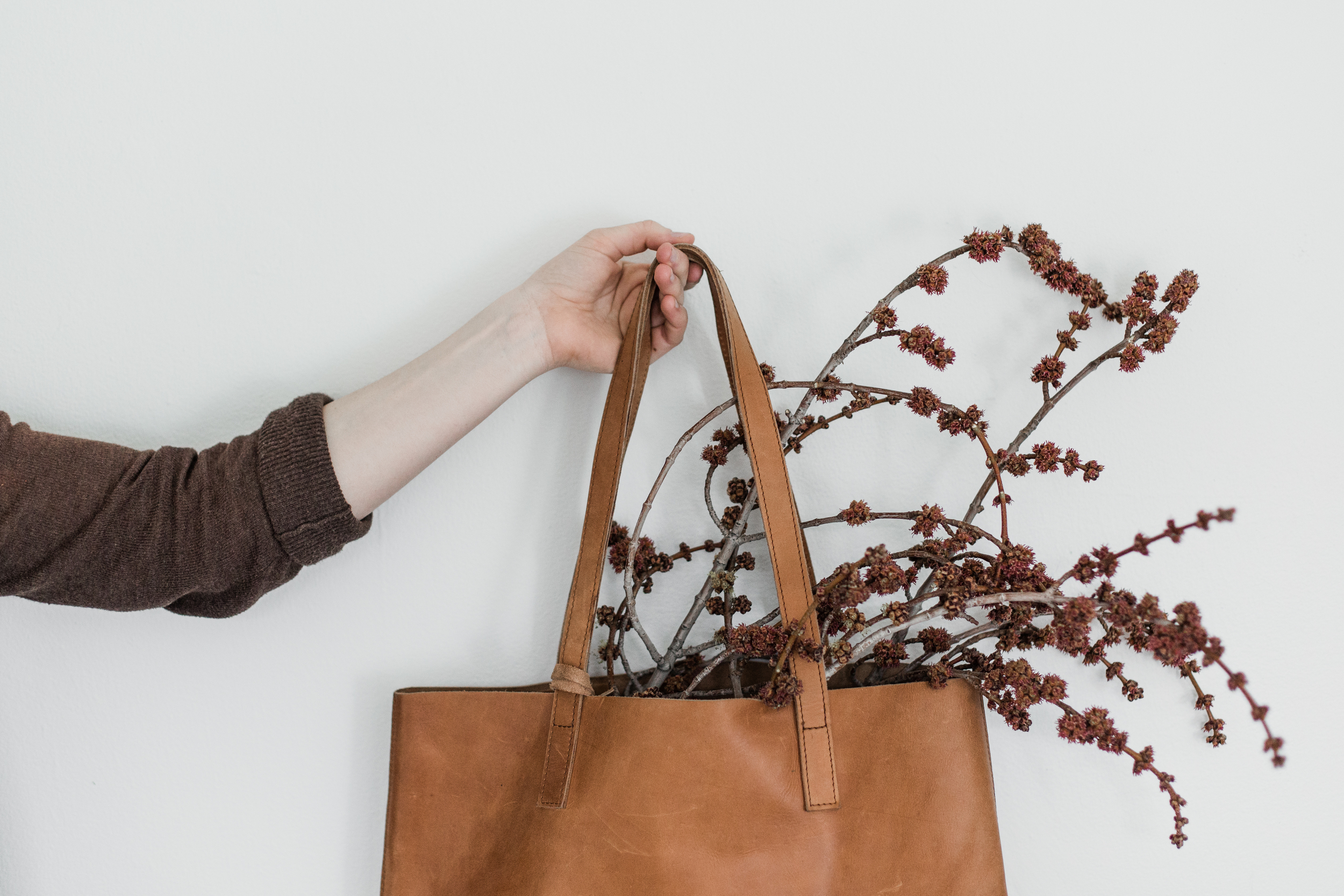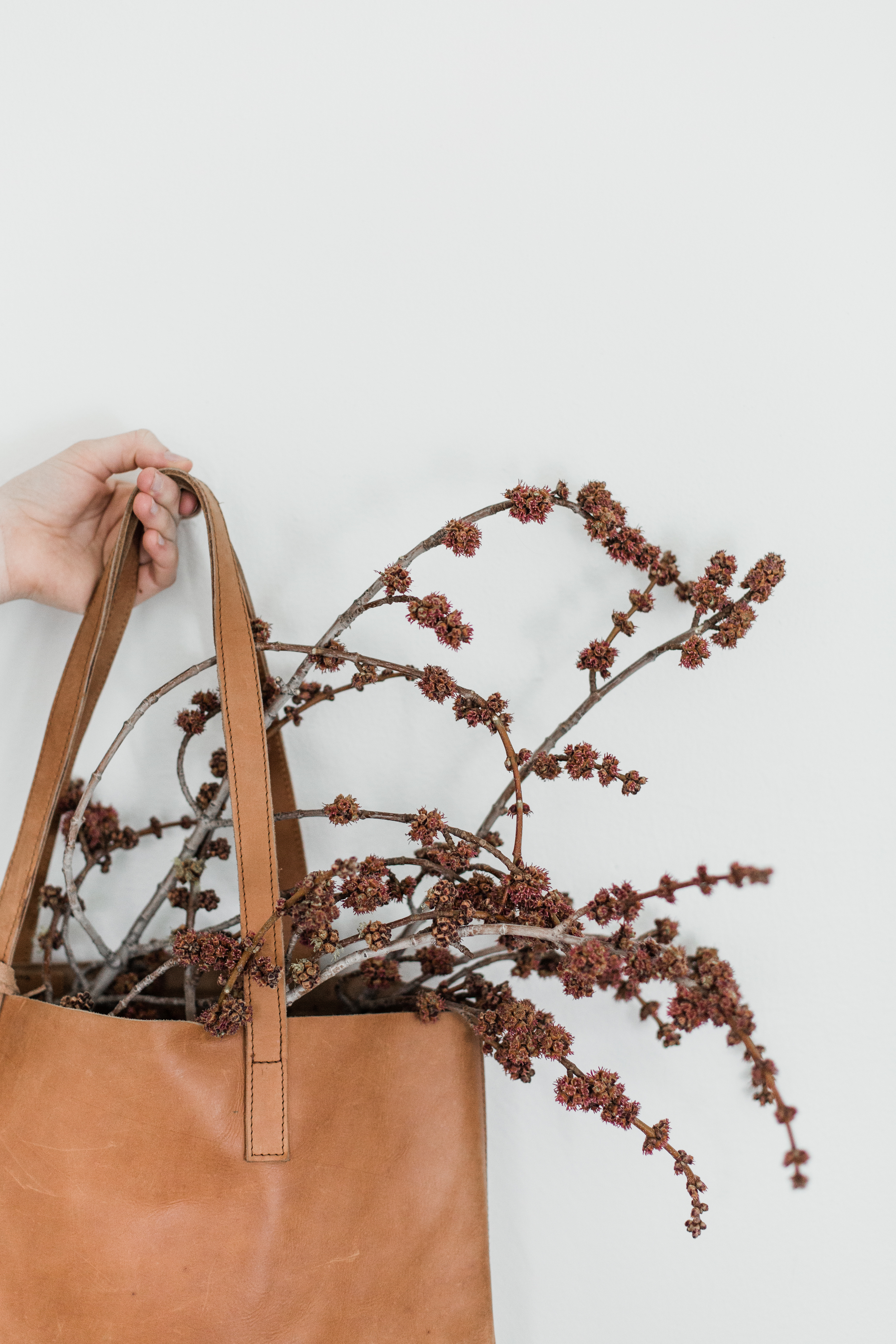How We Can Be Kind Consumers in a World of Unkind Industry Practices
We like things.
& we like things fast.
We like things when we want them, at the lowest cost possible. At least most of us do. & in our current world of 1-click to buy Amazon purchases & 2 day shipping, we get things how we want them, when we want them. We're conditioned to desire & expect instantaneous gratification.
Our parents used to wait by the mailbox for love letters from their long distance beloved. They'd linger at the end of the driveway for that eagerly awaited envelope with their name scratched in the familiar handwriting that makes their stomach leap. Now, we check Facebook, Instagram or Snapchat for live updates on what our faraway loved ones are up to.
Our parents used to walk to the market for their family's food & carry so many bags of vegetables on their arms they had temporary stripes to show their strength. Now, we get our weekly groceries delivered to our front door.
Our parents used to go to the library down the block & scour book after book to write their high school research papers. Now, dictionaries & encyclopedias live in our pockets.
Our parents & their parents...they learned to wait. They sat & wondered what their significant others were doing & thinking. They carried their groceries from afar. They searched through a thousand words to find the relevant ten they were looking for.
The earlier generations learned to wait...because they had to. Technology keeps us from waiting. But perhaps technology keeps us from more than that. Perhaps when it comes to acquiring things, technology keeps us from developing patience & character & concern for where our fast things are coming from & what is the true cost of getting them so fast & so cheap.
I watched a documentary a couple months ago called True Cost. The insightful film is about "the clothes we wear, the people who make them, and the impact the industry is having on our world. The price of clothing has been decreasing for decades, while the human and environmental costs have grown dramatically. The True Cost is a groundbreaking documentary film that pulls back the curtain on the untold story and asks us to consider, who really pays the price for our clothing?". It rocked my world. I highly recommend giving it a watch. Conveniently, it's on Netflix right now (perks of technology—it's not all bad)! I began to realize how disconnected I was with where the items I was purchasing came from. Up until then, $20 "leather" boots from Forever 21 felt like a score. After True Cost, I began to actually consider..."How are these boots only $20? Did somebody else incur a cost to reduce mine? If this is true, am I morally okay with this?". I began to realize this way of thinking was applicable to physical goods far beyond just clothes.
Despite my aversion to overtaking consumerism & the American dream,
I am a consumer.
Unavoidably (& unfortunately),
I am a consumer.
To live...I must consume/use food, clothing, & so on.
& because of this inescapable fact, I'm afforded the choice of how I'm going to consume. Maybe just maybe, I can begin making kinder purchases if I begin to research where goods are coming from. Since this realization, I've been on a journey of detoxing from some old purchasing habits. I started small, like real small—I posted a Facebook status calling upon friends to share any advice on how to detox fast fashion & fast/cheap purchasing mentalities. I was pleasantly surprised by the amount of people who were on the same journey (a little farther ahead) to making purchases from companies who exercise production transparency & ethical practices. I am 100% still on the journey—still in the process. It's pretty hard honestly. It takes self-control & a willingness to have compassion & respect for people you can't see. It is incredibly easy to innocently live uncompassionately & be unaware or unaffected because we don't see or personally experience the results. & as with anything—extremes are possible. Do I support Walmart's ways? Definitely not. Will I buy a bag of chips from Walmart if I'm headed to a group dinner & the nearest store is 20 minutes out of the way? Probably. This topic is multi-faceted. It's also important to note that many people are not financially in a place to make the most "ethical" purchasing decision. So what I'm NOT doing is scorning any & all who step foot into Wally World. I'm raising the question—where does this come from? Our goods come from somewhere. They're made by someone & now's a time as ever to discover the fuller story of where our money is going & thus what our money is supporting.
There are a number of companies who value their makers, from start to finish. They're producing quality products that are long-lasting while simultaneously empowering the men & women behind the scenes. Among these ethical companies is ROŪTE—a clothing, jewelry, & accessory company based out of Columbia, Missouri. Below is one of their beautiful bags, the Mamuye Tote, handmade in Ethiopia. It's as durable & lovely as the images portray. I love the idea that this bag I'm carrying through my story holds an existing story—a redemptive story of beautiful women making beautiful products & being compensated fairly to do so. I love that I know where it comes from, & that strong Ethiopian hands put care into every stitch. Be sure to scroll to the end to read an insightful interview with one of the non-profit founders, Christina Weaver!
1. Without saying your actual titles, what do you do? What are your roles in life? Both paid & unpaid.
I (Christina) am a volunteer who also directs Route. Eight years ago I had the crazy idea to start it. Over the last year I have taken on more work with Route, I administrate and manage our employees, I pick up pieces that are dropped or don’t fit into other’s schedules, and then I also keep the ball rolling by helping to steer the organization by listening to the rest of our community and hopefully empowering their passion and work.
I don’t actually have a paying job - maybe one day. I am a mom mostly, I teach Bible Study, I’m a wife and a friend to many amazing women (how much they accomplish and care and how hard they work blows my mind everyday, they are so inspiring) and about 20 to 30 hours a week I work with Route.
2. How did Route come into existence? Part of Route's mission is "alleviating poverty by selling ethically produced goods"—why do you believe this is important?
Route was started by a close group of my friends and I. We were, and have continued to be, a caring passionate community of people (employees and volunteers included). We have always been a warm, welcoming community that works hard towards helping chip away at unbearably difficult world problems. Route is made up of three employees, a handful of board members who lead and a team of volunteers. We also can’t leave out all of our makers, their employers and our customers as well.
At Route we all believe, and many of us have seen first hand, that safe, dignifying employment changes everything for people who are marginalized and in poverty. Jobs don’t exist without a market. We create access to a market for our maker’s products by selling for them. In the process we carefully choose the organizations we purchase from to make sure that they are great employers.
3. What are three words that describe the overall aesthetic of Route?
Warm, modern, and approachable.
4. The name & branding...it's simple & captivating! What's the story behind it?
For six years we worked as Mustard Seed Fair Trade until the list of reasons to rebrand got so long we had to do it (including the fact that there were so many other stores with the same name our partner groups would sometimes send us the wrong order!), and we really wanted to. After much thought, Route was perfect. We were having lots of in-depth discussion about supply chain and how the details of those paths dictate the positive or negative effect on the maker. Eventually Route came to mind. To us it is so much more than just supply chain though. We are all on a route in life, one that can lead in both positive and negative directions, we think a lot about how much of it we can control and how important the connections with others along our routes controlthe outcome. We want to effect routes positively, to use relationships and points of connection in our community to make lasting positive change from maker to customer, so Route. Our look and language is for us about being authentic, keeping it real, clean and beautiful.
5. Besides purchasing some of your beautiful products, what are other practical ways people can learn more & thus get on board the train of living a lifestyle of ethical purchases?
Of course purchasing from us and other ethically sourced retailers makes a huge difference, but it is also about stopping to consider your purchase before you make it. Unfortunately the rates of child labor, unsafe working conditions and slavery in the production industry are so high it is likely that anywhere we purchase is entrenching these things; unless they are communicating that they are not. So before you buy, ask: Do I need this? Why am I buying it? Could I purchase it resale or ethically made? And then of course, having grace for your self when your budget and time don’t allow for a choice that would protect the product’s maker.
Our blog is a great resource, we just posted several ethical lifestyle bloggers that we love, they give great suggestions too.
Lastly, purchasing ethically with a community of women who also care helps so much. We have so much fun doing what we are doing because we’re doing it together. So research, hunt, shop, enjoy and know that the connections you’re making when you purchase ethically are preserving the life and dignity of your sister, the maker.

